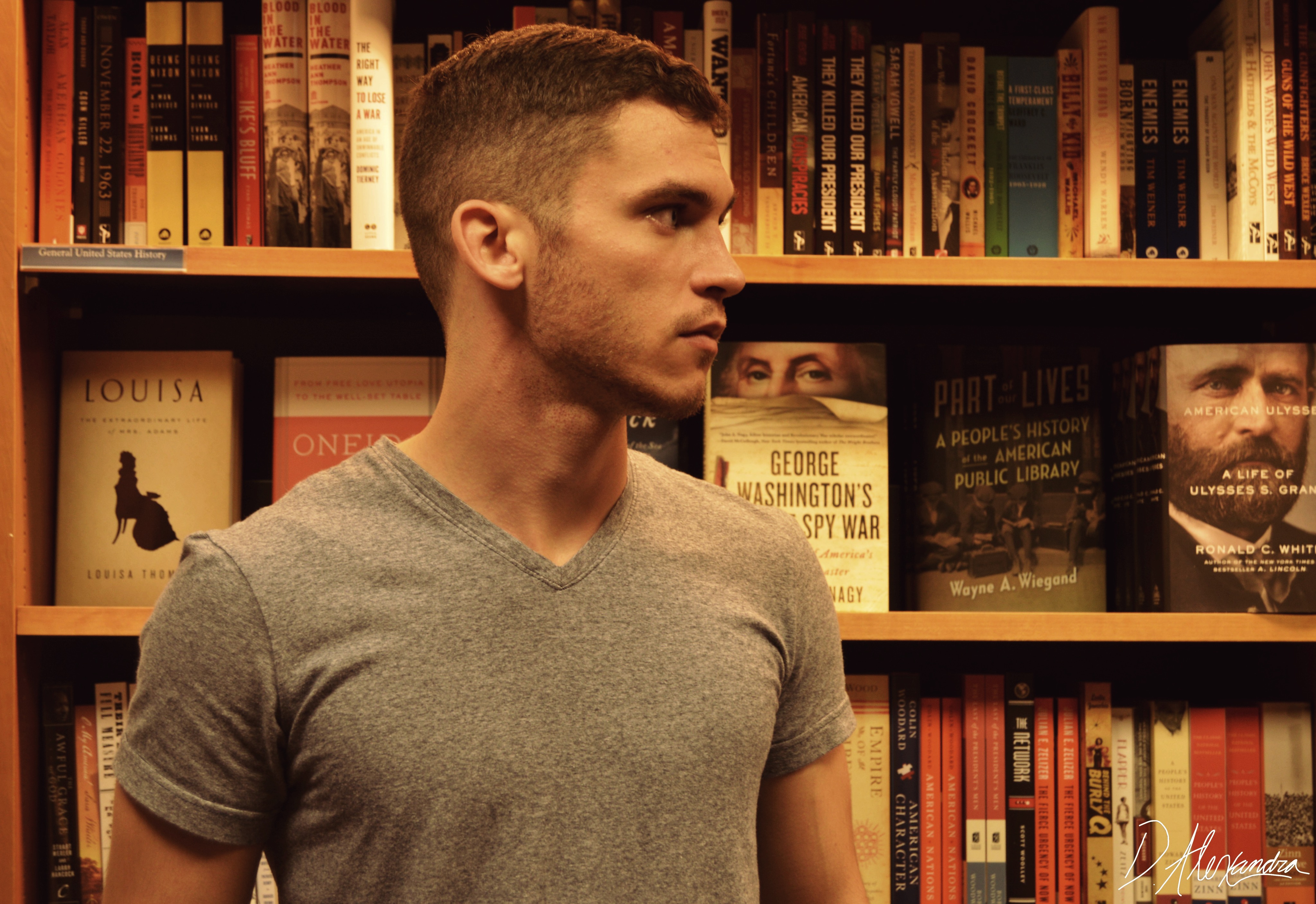“And for homework…read 75 pages from the book that the school says you have to read, no matter how irrelevant, outdated, or disengaged from your interests it is.”
High school corrupted reading for my generation. It took something fascinating and tainted it by eliminating our options, then asking us to regurgitate information on a test. Who cares if you can apply it to real life, right?
I graduated in 2014 and swore to myself I’d never waste my time reading in college. I didn’t want to waste my time in the library sifting through hundreds of pages like I my mom or grandparents did.
But one year ago, I unintentionally rewired my brain.
During the fall of my sophomore year, a mentor of mine suggested that I research the work of media guru Ryan Holiday to supplement what I was learning in my PR and marketing classes. That same night, I stumbled upon his controversial book Trust Me I’m Lying: Confessions of a Media Manipulator. I wasn’t ready for what would happen within the next week.
After receiving my package from Amazon and scanning the pages of my new book, I noticed something strange: I was eager to read it. But how, after years of rejecting the idea of reading, had my attitude changed so quickly?
I didn’t come up with a solid answer to this question until this week, which prompted me to write what you’re reading right now: you don’t know how to read until you do it for yourself, not for a grade or external validation. Trust Me I’m Lying resonated with my personal interests and nobody forced me to read it. That’s how reading should be. It’s like working out – it sucks when someone’s over your shoulder telling you when, where, and how to do it. But once you do it for it’s own sake, you can appreciate it with a new perspective. This, however, is only the start.
Many devout readers have a root book – one that inspired them to make reading a habit, not a chore. TMIL is the root of nearly every book I’ve read over the past year. Its “further reading” section, bibliography, and endorsers all led me to the books that ended up shaping my life. Once you find your root, something clicks. You crave more, your brain makes connections on its own, and material overlaps. One book leads to another, and soon enough you’re down the rabbit hole, never turning back.

I’m often asked why I don’t buy ebooks or audiobooks to save money. The thing about physical books is that you can reference them, take notes, share them, see patterns, and track your progress. Twitter and iMessage aren’t a click away with a hard copy.
Of course, some books will disappoint and seem impossible to engage with. Just as an investor has to know when to cut his losses, a reader should be able to do the same. It’s okay to be wrong; in fact, there’s an old rule for this: read 100 pages minus your age (if you’re 20 years old, read 80 pages). If it’s not adding value to your life by that point, put it down.
Your high school English teacher would probably cringe at that rationale, but it ties back to the lesson that put me on a new, better path a year ago: I couldn’t read because I wasn’t doing it for myself. Read what keeps you reading, read what makes you better. Nobody is watching.
P.S. If you’re looking for a place to start, I send a newsletter with book recommendations twice per month. I’ll start you off with my “5 Books to Base Your Life On.” Just click this link or send me an email: dominicvaiana@gmail.com
Dominic Vaiana studies writing and media strategy at Xavier University. He founded a campus newspaper and went on to advise, ghostwrite, and edit for colleagues and startups. His personal articles, essays, interviews, and book recommendations are sent in his bimonthly newsletter. For any questions or comments, email dominicvaiana@gmail.com.